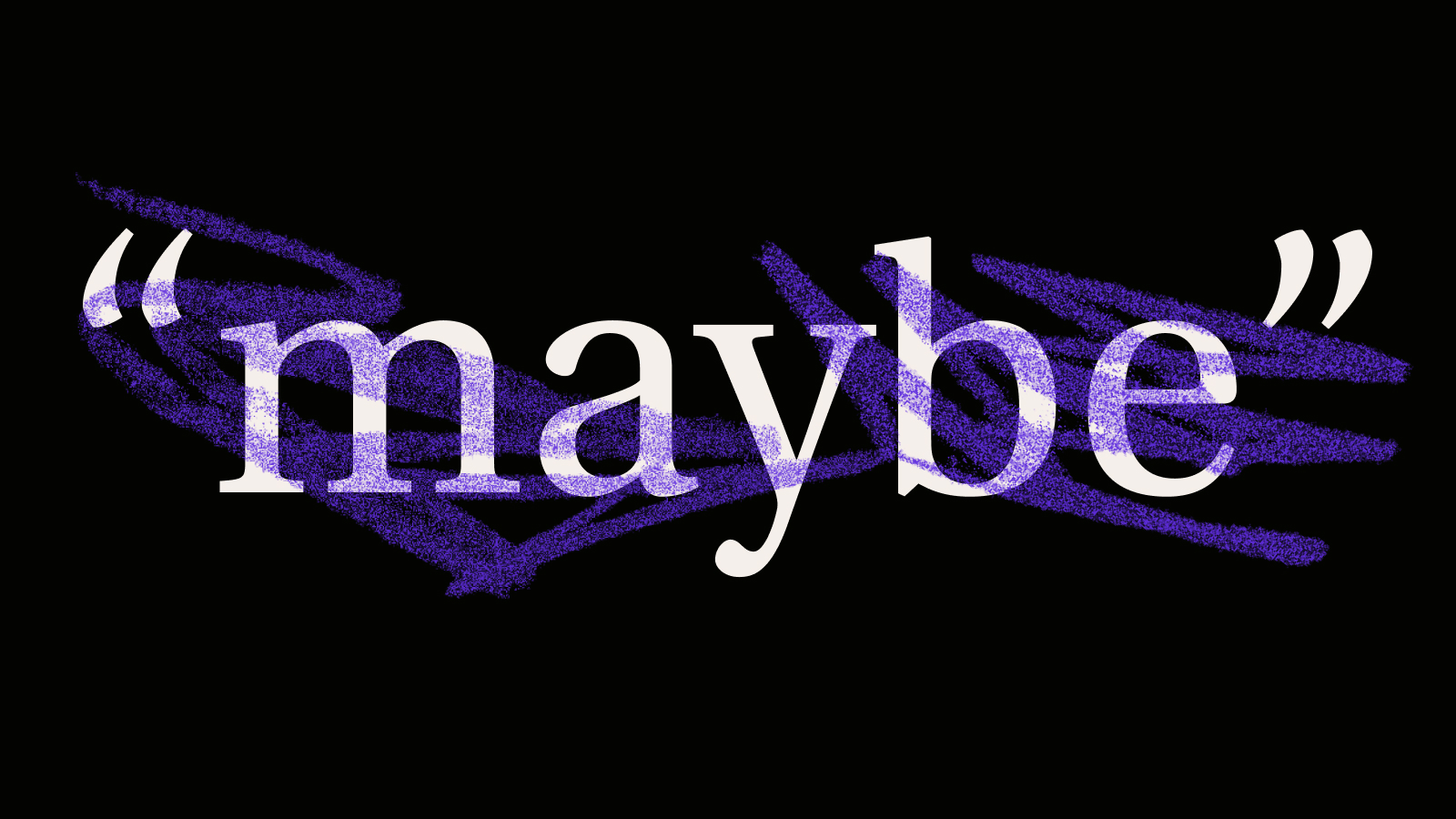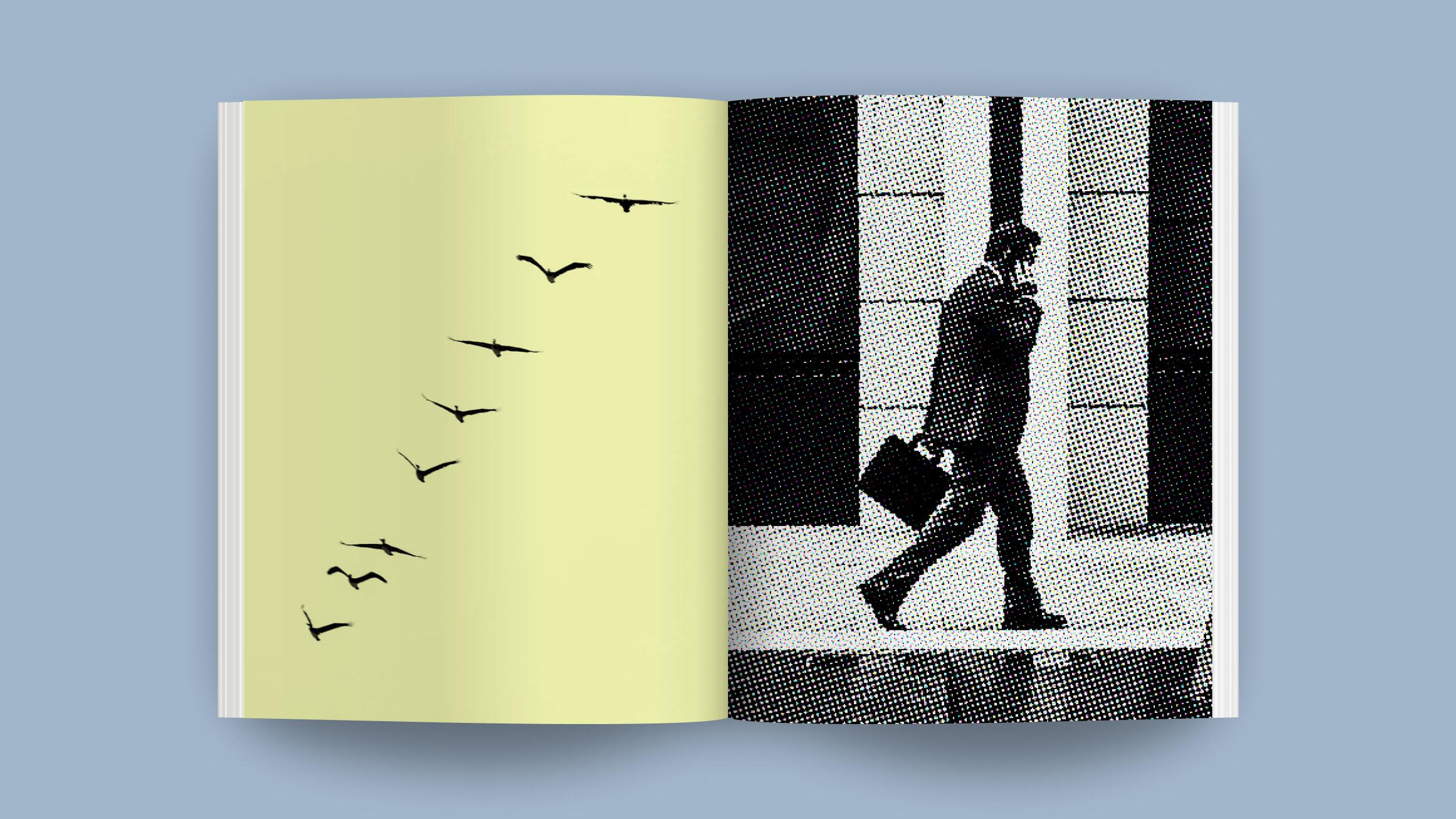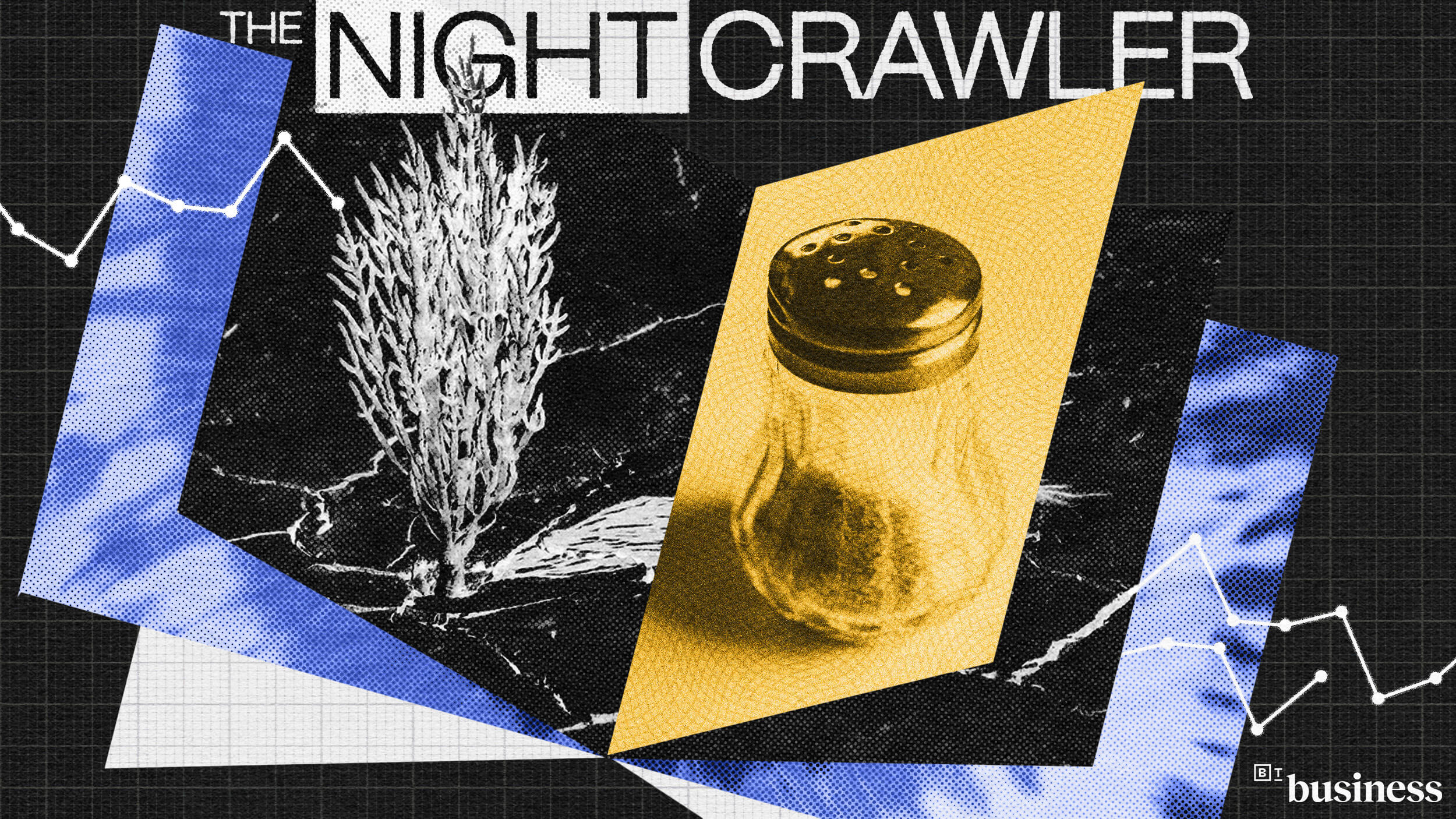In his imposing baritone, Thomas Hampson cautions aspiring opera singers that “Fortune favors the prepared mind.”
Topic: The Devil is in the Detail
Thomas Hampson: The devil is always in the detail." There is so much that goes into a career that has nothing to do with the preparation with having a career and also has everything to do with how well you prepare in your earliest of days. My only advice as an experience older singer is about singing, it isn't about music. To have a career in music is a completely different question and leads to other kinds of advice and other kind of experts. All you can do is someone planted in my mind very early on, this wonderful truism called, "Fortune favors the prepared mind."
So all i really can say to a young person who would like a life in music, first and foremost; be clear about what life is. Because whether I am singing to three people or 3,000 people, I'm a happy person because I'm making music.
Be passionate about being a musician. There is no limit to how hard you must work and how detailed you must be in every facet of what you do, either as a singer, as a musician, or as a person. Discipline for me is the ordering of the random. It's being very specific about what you do at any particular time. If you're 20 years old and you're learning, learn. If you're 30 years old, you've learned and you're starting, start. If you're 40 years old -- you got the idea.
And as a career advice, be prepared for that which you will be asked to do, and you'll be okay. Stay healthy.
Question: Do you still get nervous for performances?
Thomas Hampson: Oh yes. I think nervousness -- a heightened sense of nerves and attention is a very healthy thing for a performer. It is an artificial environment that you are going into whether it's concert or recital, or stage. When I know something so well, I've done it so often, and you kind of walk out for Tuesday night's performance, or you feel like that, that makes me more nervous then being geared up. A little bit like race horses. There is that added edge. In the same way that the horses are always very difficult to get into that lineup, the worst period of my life, the worst time of my life is the 10 or 15 minutes before I go on stage.
Once you go on stage you’re essentially creating the world that people want to participate in. The worst thing you can do, advise to a young musician, is go out on stage with the idea that you're going to communicate something you've learned and if you do it really well, they'll approve. If you go out in an approval process, you will be so nervous and so preoccupied you'll never get to the heart of what it is you want to make music with. People pay vast sums of money to participate in the world of recreated imagination that we spend our waking hours recreating as well as we can, each one of us. That's a blessed life if you're asked to do that. But it's also, I think, a very natural and very beautiful process, both for the public to realize they are going to me -- they're coming to me, versus me as an artist trying to convince them of something. I'm not trying to convince anyone of anything. All I can do is be it, that which the public, or whatever, audience it is, wants to participate in. That may be the most important thing that I could possibly offer as a perspective for advice.
Recorded on October 28, 2009





